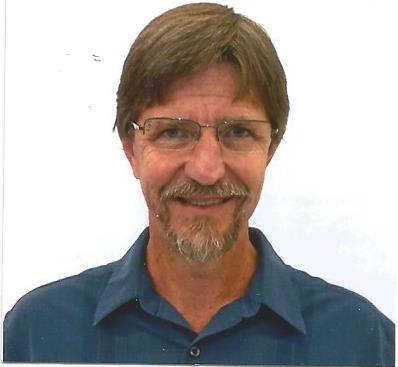If anyone would come after me, he must deny himself and take up his cross and follow me. Matthew 16:24 (NIV)
At first, I thought this Sunday’s essay would be easy. A missionary reflecting on Jesus talking to the twelve disciples about following him, what could be easier? Deny yourself, take up your cross, and follow Christ into the mission field, locally or globally: It writes itself.
But as a friend recently reflected, sometimes our writing comes too easily. Another reminded me to really wrestle personally with every biblical text.
The murders this year of Ahmaud Arbery in Georgia, George Floyd in Minnesota, and too many others going back to Emmett Till in 1955 and beyond, together with this week’s shooting of Jacob Blake in Wisconsin, have all given this text a new context for me and other readers in 2020. I was also inspired by two recent posts at The Twelve by Melissa Stek, “Refuse to be in Denial” and “Who Will We Choose to Be?”
In Matthew 16:24 Jesus asks his disciples to do three things: deny themselves, take up the cross, and follow him. This is a call to radical discipleship, a total commitment, even unto death. It starts with being willing to “deny ourselves absolutely” (The NIV Study Bible). We follow Jesus instead of seeking “comfort, fame, or power, and even the instinct to preserve our own life at all costs” (The Reformation Study Bible).
As Peterson puts it in The Message, “Anyone who intends to come with me has to let me lead. You’re not in the driver’s seat; I am. Don’t run from suffering; embrace it. Follow me and I’ll show you how.”
What does it mean for us to take up the cross today? As many others have noted, the cross was a state instrument of torture. Instead of the nice familiar crosses hanging in our churches or from a necklace, we should picture an electric chair, a lethal injection, or maybe a lynching tree, as Clarence Jordan did: “If a man wants to walk my way, he must abandon self, accept his lynching, and share my life” in The Cotton Patch Version of Matthew and John by Clarence Jordan (New Win Publishing, 1970)

The cross was an offensive way to be killed. It was an image of terror, not of salvation. So, James Cone wrote The Cross and the Lynching Tree in 2011 and this year Rev. Otis Moss III titled his powerful sermon “The Cross and the Lynching Tree: A Requiem for Ahmaud Arbery.”
Following Jesus is going with him to the end, to Jerusalem, hanging on a cross at Golgotha, The Place of the Skull (Matthew 27:33). Following Jesus means “suffering like the Master” (The African Bible). This put a damper on the twelve disciple’s Messianic enthusiasm (see Jesus’ rebuke of Peter in 16:23 and of James & John’s request for seats of power in Matthew 20). It should damper our Christian triumphalism as well.
How should we be following Jesus today? I agree with Melissa Stek that those of us who are white in the church must start by admitting that we have a problem, the problem of institutionalized racism and white privilege. White privilege just means you don’t always have to think about your race, don’t worry about being pulled over by the cops, etc. (For more examples, see “White Privilege: Unpacking the Invisible Knapsack” by Peggy McIntosch, 1989.) I have used my white privilege, consciously and unconsciously.

In post-Apartheid South Africa, they began a process of truth, justice, and reconciliation. It starts with telling the truth about what happened in the past and what is still happening today. Then we need to make amends, to do justice and love mercy, before we can really walk humbly with our God, carrying our cross, all the way to Golgotha, publicly identifying with Jesus and all those he would stand up for.
We who are privileged must humble ourselves, learn from our siblings of color about how we have hurt them, and confess our complicity in these unfair systems. Then we can repent and change the way we live. To restructure our life together going forward, put Jesus (himself a person of color) in the driver’s seat, not us. If we follow Jesus, he will show us how to lose our life so we can save it.

